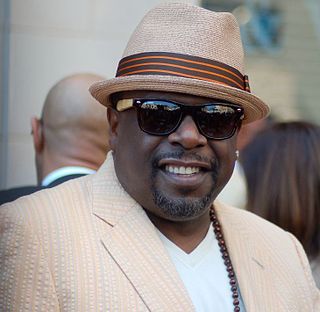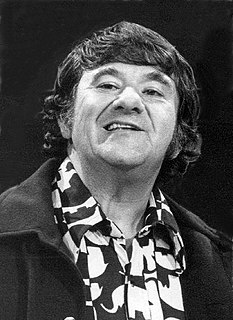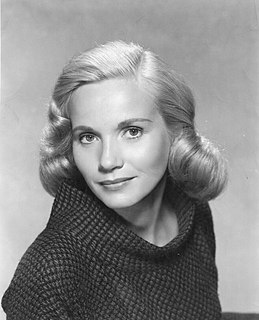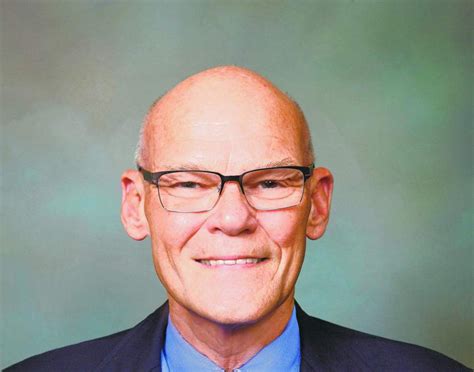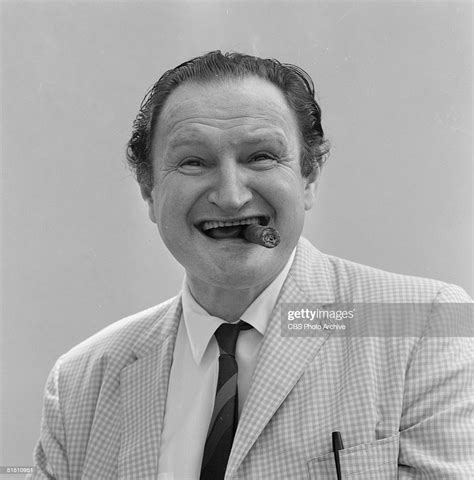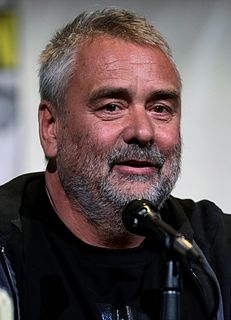A Quote by Cedric the Entertainer
We as comics do want an immediate response from the audience. It's really quiet on the set, and there are only the producers, and the director, so a comic is looking for someone to give a reaction, even if it is the camera guy.
Related Quotes
At the Sahara, the seats are banked and most of the audience is looking down at the stage. Everybody in the business knows: Up for singers, down for comics. The people want to idealize a singer. They want to feel superior to a comic. You're trying to make them laugh. They can't laugh at someone they're looking up to.
To be honest, I am not theatre-trained and though I am confident in my skill set, to do theatre requires a better-tuned set of muscles and I sometimes defer to actors who are better trained. But at the times I do want a shot, I'll go for it, especially if the piece speaks to me and the opportunity comes up. The immediate response from a theatre audience is so thrilling, affirming, and soul-feeding; to know how you've affected an audience at curtain can be ego-blowing, both good and bad.
Don't let a single comic moment pass you by; then help the audience get the laughs. Give them permission to laugh by holding for laughter and by letting them know early on what they're in for. In the first few moments, the audience is gathering information, looking at the scenery and costumes. Create a comic moment as soon as you can.
When I move from being a cameraman to being a director I looked at a lot of other cameramen who tried to make the move. And in each case they moved up their camera operator to be the DP, which really meant they didn't want to give up being the DP, and really wanted to do both. And my feeling was if I was going to succeed as a director, I had to just be a director and give up the safety net of being a cameraman.
The people who've done well within the [Hollywood] system are the people whose instincts, whose desires [are in natural alignement with those of the producers] - who want to make the kind of movies that producers want to produce. People who don't succeed - people who've had long, bad times; like [Jean] Renoir, for example, who I think was the best director, ever - are the people who didn't want to make the kind of pictures that producers want to make. Producers didn't want to make a Renoir picture, even if it was a success.
I don't follow anything that's said about him much, but the Uwe Boll that I know is just a really cool guy. He's just a really quiet, kind and passionate filmmaker who really believes in what he's doing. Like any director that an actor wants to work with, you want a director who's passionate and believes in the work that he's doing.
What a director is looking for is someone who will follow you and no matter what. And if you ask for blue, he's gonna try blue. And if you say, give me a piece of red with it, and they try. And you don't mind so much if it's difficult to get the blue and the red together. As long as they try. And as long as they give everything they can to give you what you want. That's what I'm looking for.
